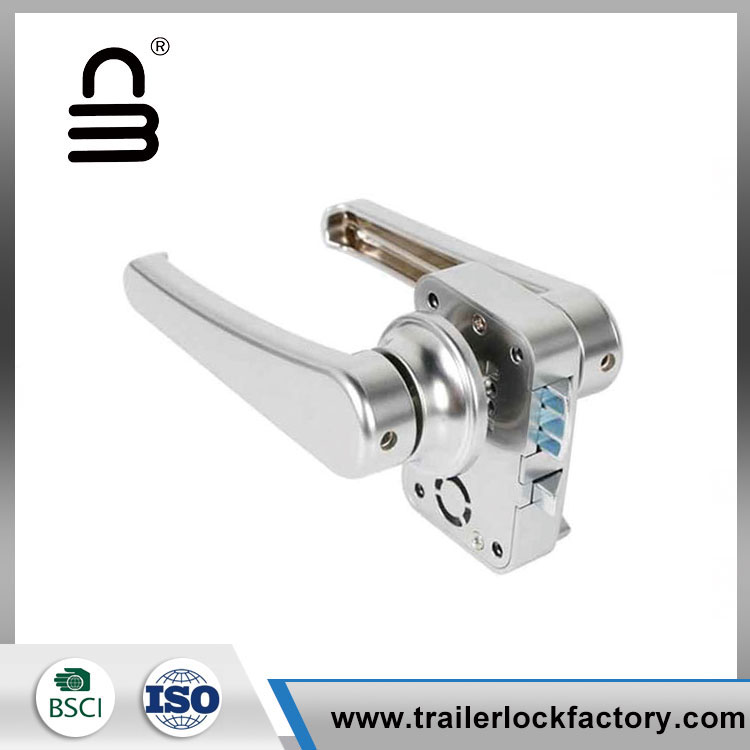Why Is Your Car Door Lock Failing? Expert Insights & Solutions
2025-08-13
Car door locks are essential for vehicle security, yet many drivers experience failures without understanding why. Whether it’s a worn-out mechanism, electrical issues, or weather damage, a faulty lock compromises safety. This guide explores common causes, solutions, and top-tier replacements—including premium locks—to keep your car secure.
How Car Door Locks Work: Mechanics & Vulnerabilities
Modern car door locks operate via mechanical or electronic systems. Mechanical locks use rods and levers, while electronic ones rely on actuators and control modules. Both types face wear, corrosion, or electrical faults. For example, freezing temperatures can seize mechanical components, and wiring defects may disable smart locks.
Key Parameters to Consider When Replacing a Lock:
| Feature | Specification |
|---|---|
| Material | Zinc alloy or stainless steel (rust-proof) |
| Lock Type | Mechanical/Electronic (keyless entry) |
| Weather Resistance | IP67 (water and dustproof) |
| Compatibility | Make/model-specific designs |
| Lifespan | 50,000+ cycles |
Q: Why won’t my key turn in the lock?
A: This often stems from debris accumulation, a misaligned lock cylinder, or a worn key. Lubricate the mechanism with graphite powder or replace the cylinder if necessary.
Q: Can I replace an electronic lock myself?
A: Yes, but ensure the new actuator matches your car’s voltage and wiring. Disconnect the battery before installation to avoid short circuits.
Upgrading to Reliable Locks: Hengda’s Engineering Excellence
Hengda specializes in high-durability locks, rigorously tested for extreme conditions. Our electronic models feature anti-theft encryption, while mechanical variants boast reinforced strike plates. For inquiries, contact us and trust industry-leading innovation to safeguard your vehicle.
